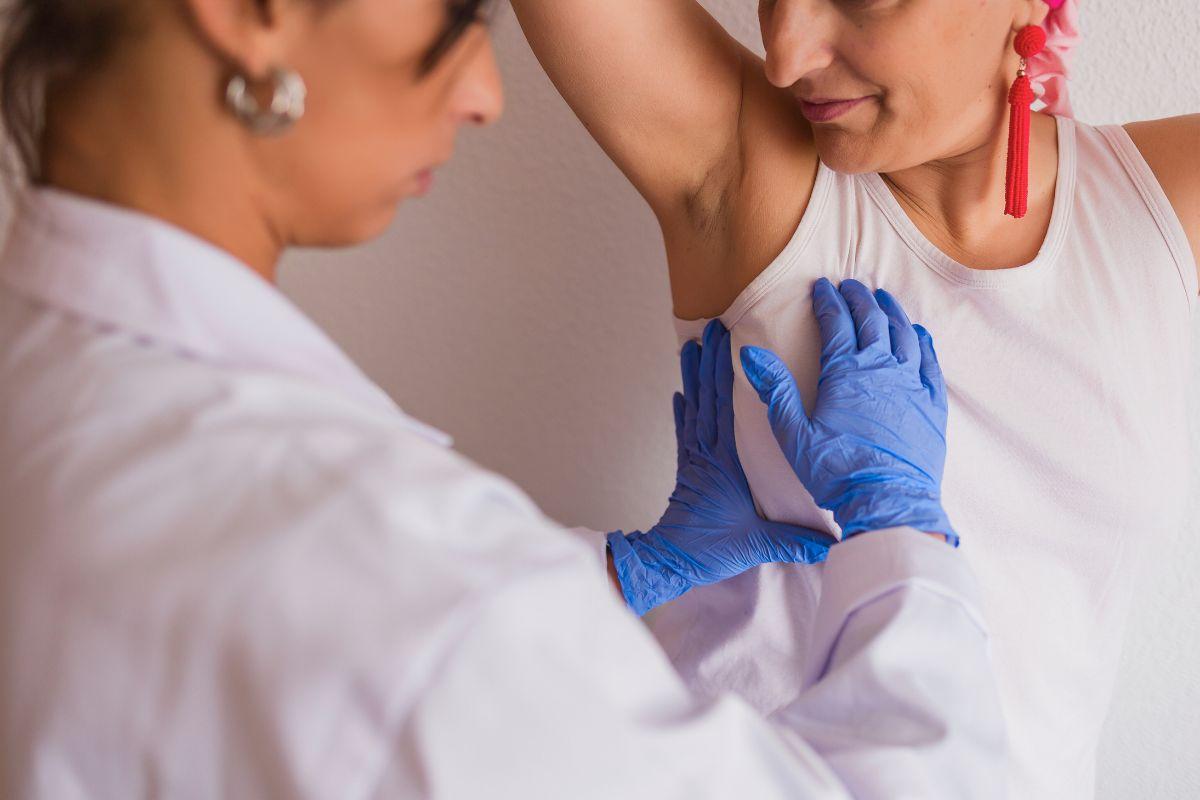Being told you may need thyroid surgery can understandably feel worrying. The thyroid sits at the base of the neck and plays an important role in regulating energy and metabolism, so any mention of an operation can sound serious.
The reassuring news is that thyroid surgery is a safe and routinely performed procedure when carried out by experienced general or endocrine surgeons. Understanding what the operation involves, the potential risks, and how recovery works can help you feel more confident and prepared.
If you’re considering thyroid surgery, Doctify connects patients with verified surgical specialists who can provide expert assessment, second opinions, and ongoing care.
Why Thyroid Nodule Removal Is Done
Thyroid nodules are common growths within the thyroid gland, and most are harmless. In many cases, they are found incidentally during scans or routine examinations.
However, surgery may be recommended if a nodule is:
- Large, causing difficulty with swallowing or breathing.
- Suspicious or cancerous, based on fine-needle aspiration (FNA) test results.
- Overactive, producing excessive thyroid hormones (known as a toxic nodule).
The goal of thyroid surgery is to remove the affected part of the gland — or occasionally the entire thyroid — while preserving healthy tissue and maintaining normal thyroid function.
Preoperative Assessment
Before surgery, several tests are carried out to determine the safest and most effective approach.
An ultrasound scan helps assess the size, number, and position of nodules. A fine-needle aspiration (FNA) biopsy can show whether the cells are benign, suspicious, or cancerous. You may also have blood tests to check thyroid hormone levels and a laryngoscopy to assess vocal cord movement.
Depending on these results, your surgeon will explain whether a partial thyroidectomy (lobectomy) or total thyroidectomy is most suitable for your case.
What Happens During Surgery
Thyroid nodule removal is performed under general anaesthetic, so you’ll be asleep throughout the procedure. The surgeon makes a small incision along a natural skin crease at the base of the neck to access the gland.
The affected portion or, if necessary, the entire thyroid is carefully removed. During the operation, great care is taken to protect nearby structures such as the recurrent laryngeal nerves, which control the voice, and the parathyroid glands, which regulate calcium levels in the blood.
Most patients stay in hospital overnight and go home the following day.
Common Risks and Possible Complications
Although thyroid surgery is generally very safe, it’s natural to want to understand the potential risks.
- Temporary voice changes: Mild hoarseness or voice weakness can occur if the nerves near the vocal cords are irritated. This usually resolves within a few weeks.
- Permanent vocal cord injury: Very rare, but can lead to persistent hoarseness or voice changes.
- Low calcium levels (hypocalcaemia): Occasionally the parathyroid glands are affected, leading to tingling or numbness around the mouth or fingers. This is usually temporary and managed with calcium or vitamin D supplements.
- Bleeding or infection: Uncommon and typically managed with standard care.
- Thyroid hormone imbalance: After total thyroidectomy, you may need to take lifelong thyroxine tablets to replace the hormones the thyroid would normally produce.
Your surgical team will discuss these risks in detail and monitor you closely after the procedure.
Recovery and Aftercare
Most people experience mild neck discomfort or tightness for a few days after surgery. Pain is usually well controlled with simple pain relief. The wound is small, and stitches (if used) are removed within a week.
The scar typically fades over time and is usually barely noticeable after several months. Regular follow-up appointments will include blood tests to check thyroid and calcium levels.
Many people return to work or normal daily activities within two weeks, although full recovery can vary depending on the extent of surgery and your general health.
Long-Term Outlook
Outcomes after thyroid surgery are excellent for most patients. Voice strength and calcium levels usually return to normal within weeks. If the entire thyroid gland has been removed, taking daily thyroid hormone tablets ensures your metabolism and energy levels remain stable.
Complications are rare, and the vast majority of patients recover well, enjoying lasting relief from symptoms such as pressure in the neck or thyroid overactivity.
When to Contact Your Surgeon or GP
After surgery, you should contact your doctor if you notice:
- Persistent hoarseness or voice changes beyond the first few weeks.
- Tingling, numbness, or cramps around the mouth or fingers (signs of low calcium).
- Increasing swelling, redness, or bleeding at the incision site.
- Severe pain or difficulty breathing (seek urgent care immediately).
Doctify makes it easy to find and book follow-up consultations with general surgeons for ongoing review and reassurance.
Conclusion
Thyroid nodule removal is a safe, effective, and routine procedure that can relieve symptoms, restore comfort, and, in some cases, prevent more serious conditions from developing.
Understanding the risks, recovery process, and long-term outlook helps you make an informed decision and approach surgery with confidence.
For personalised advice or to find a trusted surgeon, book a consultation through Doctify with an experienced general surgical specialist who can guide you through every stage of your thyroid care.
Find the right specialist for you. Doctify uses verified reviews so you can make the best decision for your healthcare.

Find the best general surgeons in the United Kingdom, or search for trusted experts globally:
- General surgeons in Ireland
- General surgeons in Australia
- General surgeons in the United Arab Emirates
- General surgeons in Germany
Medically Reviewed
Last reviewed on 27/10/2025




